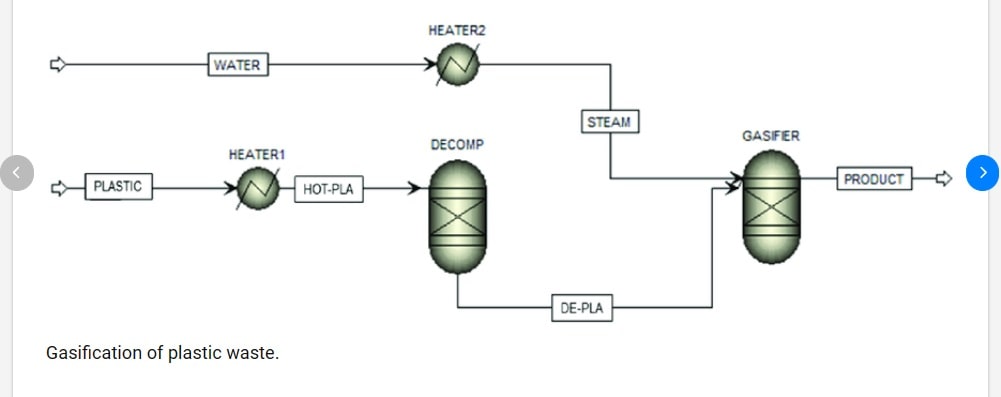Sustainable textile – Chemovator, BASF’s business incubator, has invested in Heartland, a Detroit-based startup revolutionizing plastics with natural fiber reinforcements 06-05-2024
Sustainable textile
Polymer PET Resin – CARBIOS and Hündgen enter supply agreement for world’s first PET biorecycling plant

Crude Oil Prices Trend
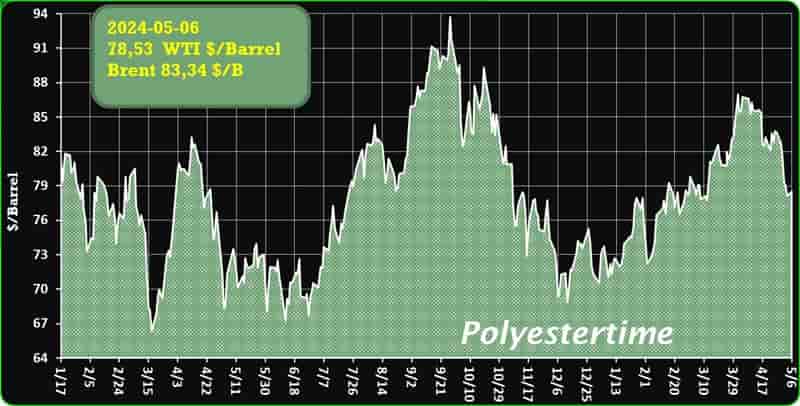
Crude Oil Prices Trend by Polyestertime
Will gasification play a role in advanced recycling of plastics?
Gasification is a sophisticated thermochemical process that offers an innovative route for the recycling of plastic waste into virgin plastic feedstock. This process involves the conversion of carbonaceous materials into syngas, a mixture of carbon monoxide (CO) and hydrogen (H2), through the reaction of these materials at high temperatures in a controlled oxygen and/or steam environment. Here, we will delve into the technical specifics of gasification, particularly focusing on its application in converting plastic waste into virgin feedstock for new plastics, facilitating a circular economy approach in plastic manufacturing. Sustainable textile
Gasification processes involve several critical phases: drying, pyrolysis, combustion, and reduction. Initially, plastic waste is dried to eliminate moisture, which optimizes the efficiency of subsequent thermal reactions. During pyrolysis, plastics are thermally decomposed in a low-oxygen environment, leading to the generation of volatile compounds and a residual solid char. These volatiles are partially oxidized in the combustion step, which generates heat and converts the remaining material into CO2 and a small amount of ash, with the char undergoing further reduction to form syngas.
The configuration of the gasifier (e.g., fixed bed, fluidized bed, entrained flow) directly influences the operational dynamics and thus the efficiency of the gasification process. The syngas output—primarily composed of CO and H2—is subsequently processed to form monomers that serve as feedstocks for producing new plastics. Sustainable textile
Styrenics Circular Solutions (SCS), in collaboration with Krones and Tomra, has successfully demonstrated the mechanical recycling of XPS food trays, a process that ensures industrial efficiency and high-quality recyclate
This initiative, announced in Brussels on May 3, 2024, leverages a process akin to that used for yoghurt pots, emphasizing the sortability of polystyrene (PS) for recycling. Tomra’s ‘deep sorting’ technology yielded a pure XPS feedstock from mixed PS, which Krones then processed through shredding, hot washing, dewatering, and drying. The pilot confirmed the technical and industrial viability of the process, highlighting its competitive edge, energy, and water efficiency. Sustainable textile
The recycling process enhances the circularity of XPS trays, known for their role in food safety and favorable life cycle assessment. To boost recycling yields and quality, SCS has introduced a design for recycling (DfR) guideline, aligning most XPS trays with these standards.
Dr. Michael Gotsche of Krones expressed satisfaction with the trials, confirming the adaptability of their washing technology for XPS trays. Dr. Volker Rehrmann of Tomra emphasized the importance of effective sorting for a circular economy, noting the impressive sortability of PS. Claudio Bilotti of Versalis (Eni) highlighted the value of XPS trays in food safety and their potential for multiple life cycles post-use. Jens Kathmann of SCS pointed out the significance of XPS trays in the circular economy, with potential applications in various general-purpose PS products. Sustainable textile
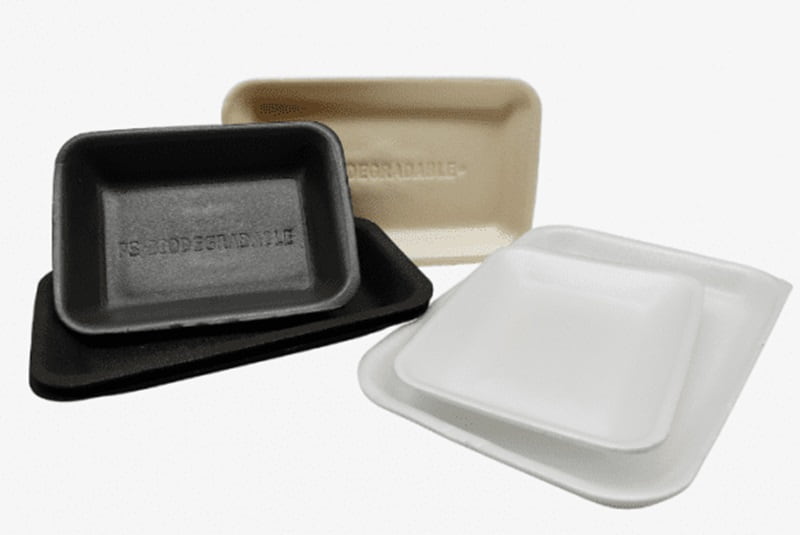
Eastman introduced Naia™ Renew ES, a sustainable textile innovation, at the Intertextile Shanghai Apparel Fabrics exhibition
This new fiber, containing 60% recycled content, marks a significant step in sustainable fashion. Carolina Sister Cohn, Eastman’s global marketing leader, expressed excitement about the potential for Naia™ Renew ES to transform the industry.
The exhibition showcased over 400 fabric and garment types made with Naia™ Renew, demonstrating its versatility. Students from the Beijing Institute of Fashion Technology also participated, creating garments with Naia™ fabrics, emphasizing the push towards sustainable fashion among the next generation. Sustainable textile
Claudia de Witte, Eastman’s sustainability leader, stressed the importance of trust in making sustainable textiles widely available. Eastman collaborates with industry leaders and the China National Textile and Apparel Council to promote molecular recycling and sustainable materials.
Naia™ Renew ES combines 60% recycled waste with 40% sustainably sourced wood pulp, certified by the Global Recycled Standard (GRS). Eastman’s molecular recycling technology is pivotal, transforming mixed waste into high-quality materials. The GRS certification of Naia™ Renew in December 2023 highlights Eastman’s dedication to sustainability. Sustainable textile
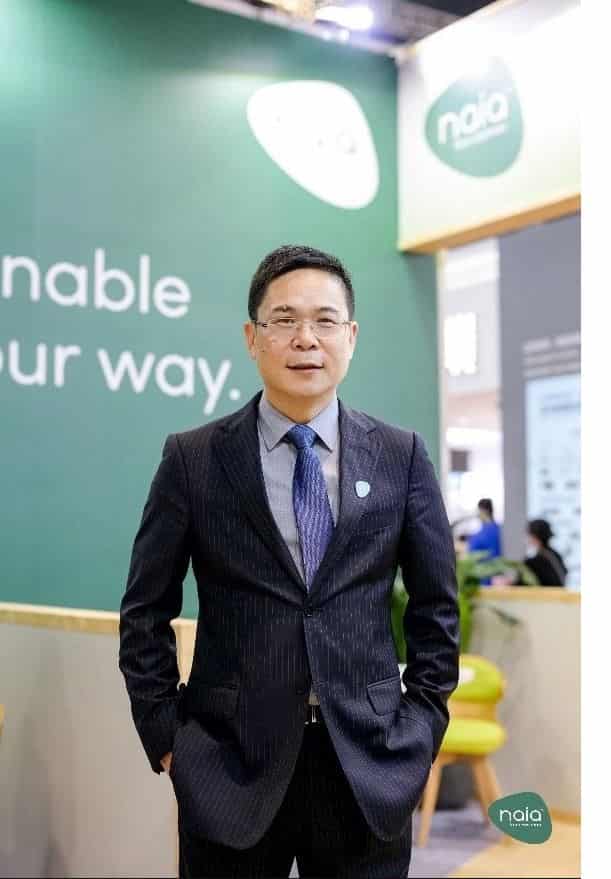
RadiciGroup is set to showcase its commitment to innovation, sustainability, and eco-design at the NPE fair in Orlando, Florida, from May 6-10, 2024
This event is a strategic platform for the Group to strengthen and expand collaborations in North America’s polymeric materials value chain, especially in the automotive sector, and increasingly in the electrical/electronic, appliances, and power-tools sectors.
With a strong industrial presence in the United States and Mexico, RadiciGroup is a key player in the North American automotive market, which contributes significantly to its turnover. Sustainable textile
As one of the few integrated producers in the polyamide chain, RadiciGroup has bolstered its sales network, marketing team, and technical and quality assistance in recent years, aiming to enhance not just product offerings but also service efficiency.
Edi Degasperi, North America Country Manager for RadiciGroup High Performance Polymers, highlights the positive start to 2024 in the USA and the initiation of significant projects that promise a satisfying year ahead. Despite a slower start in Mexico, upcoming projects are expected to lead to a substantial recovery in the second half of the year.
RadiciGroup’s commitment to environmental sustainability is evident in its decision to purchase renewable electricity for its Wadsworth site, starting in 2024, through Renewable Energy Certificates. This move aligns with the Group’s long-standing tradition of producing environmentally friendly products, including bio-based materials with superior technical performance and the Renycle® range of technopolymers made from pre and post-consumer polyamide recycling. Sustainable textile
Degasperi emphasizes RadiciGroup’s integrated approach to sustainability, promoting eco-design among clients and supporting a circular economy model. The Group’s Engineering Service enables the prediction of product behaviors early in development, optimizing design and environmental performance.
RadiciGroup is also actively involved in North America’s electrification of vehicles, participating in projects to drive change and offer products developed for e-mobility applications. This includes a range of orange-colored products for high-voltage components, UL-certified flame retardant materials for battery systems, and metal replacement solutions for lighter vehicles and extended battery life.
Two meetings are scheduled at the RadiciGroup booth: “Sustainable and High Performance Solutions” on May 7 at 2 pm, and “Sustainable by design” on May 9 at 10 am. RadiciGroup’s presence at NPE 2024 underscores its dedication to leading the industry towards a sustainable future. Sustainable textile
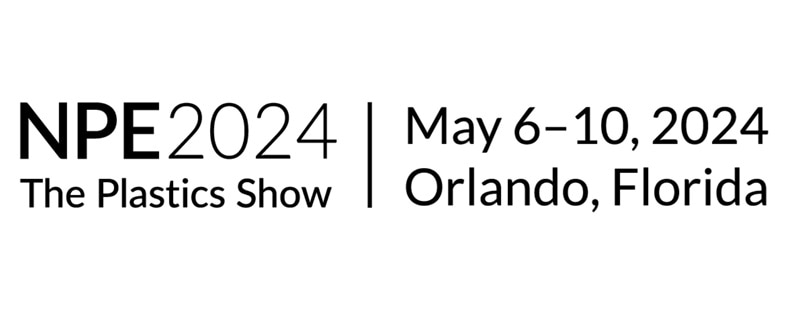
In 2023, Vecoplan AG, a leader in machinery for material and thermal recycling, celebrated its fourth consecutive record year, despite global market challenges
CEO Werner Berens announced a revenue peak, attributing success to the company’s resilience amidst geopolitical and market uncertainties that led many customers to defer investments. CFO Ina Hannen reported a slight increase in revenue and profit over 2022.
Looking ahead to 2024 with caution, Berens remains optimistic due to sustained product demand, prompting workforce expansion by nearly 100 in the past two years. Vecoplan invested significantly in development, with plans to allocate another €13 million, primarily to enhance production capacity at its Bad Marienberg site. Sustainable textile
Vecoplan AG specializes in equipment for processing various raw materials and waste, supporting customers from single-machine purchases to large-scale projects. With 580 employees across international locations, the company anticipates continued success and growth.
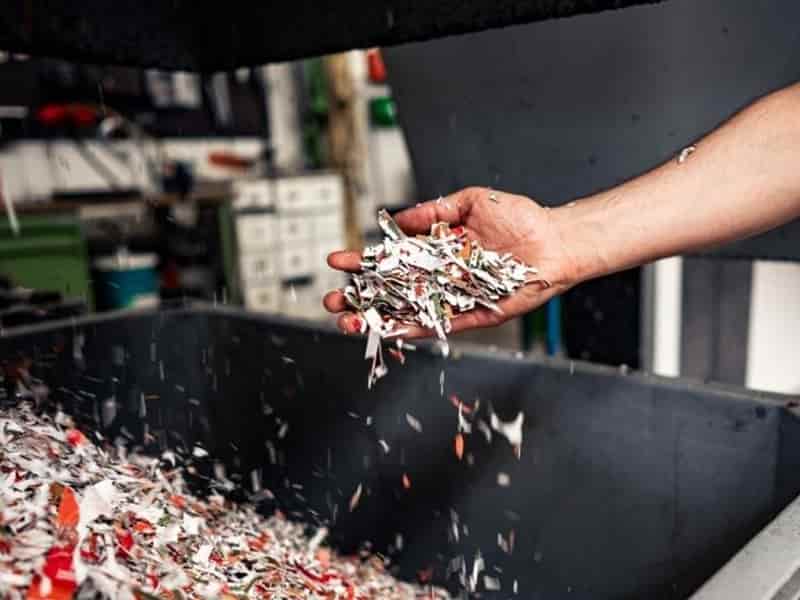
Chemovator, BASF’s business incubator, has invested in Heartland, a Detroit-based startup revolutionizing plastics with natural fiber reinforcements
This move strengthens the partnership with BASF’s North America Open Research Alliance (NORA) and marks Heartland’s entry into Chemovator’s Elevate program, which propels early-stage chemical startups.
Heartland collaborates with local farmers to harness natural fibers, aiding manufacturers in crafting eco-friendlier products. The startup’s hemp-based materials serve as sustainable additives in plastics, enhancing properties like flammability and bonding while reducing the carbon footprint of plastic and rubber products. Sustainable textile
Jesse Henry, Heartland’s CEO, notes the significant industrial impact on reducing plastics’ carbon footprint. Gati Kalim, Chemovator’s Head of Portfolio Management, echoes this sentiment, highlighting Heartland’s commitment to the chemical industry’s future.
The investment positions Heartland as Chemovator’s first North American portfolio company, benefiting from financial support, BASF’s expertise, and a network of seasoned entrepreneurs. Thomas Holcombe, Head of NORA at BASF Corporation, emphasizes the strengthened collaboration, contributing to sustainable solutions and reduced emissions.
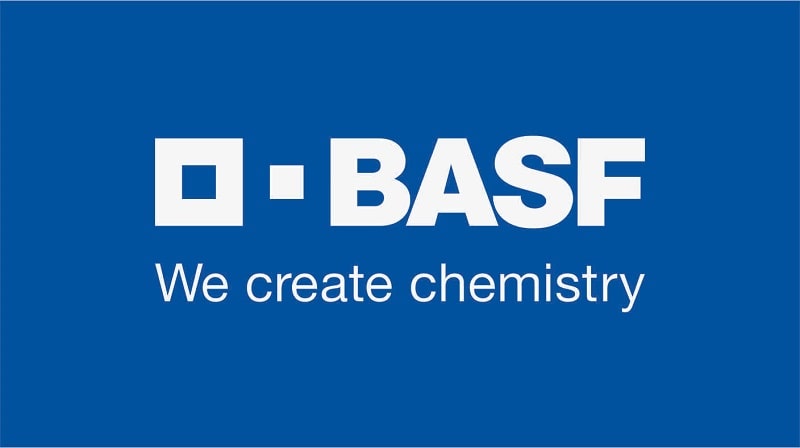
Sustainable textile

